Large Münsterländer
Großer Münsterländer
 akc
akc ankc
ankc fci
fci nzkc
nzkc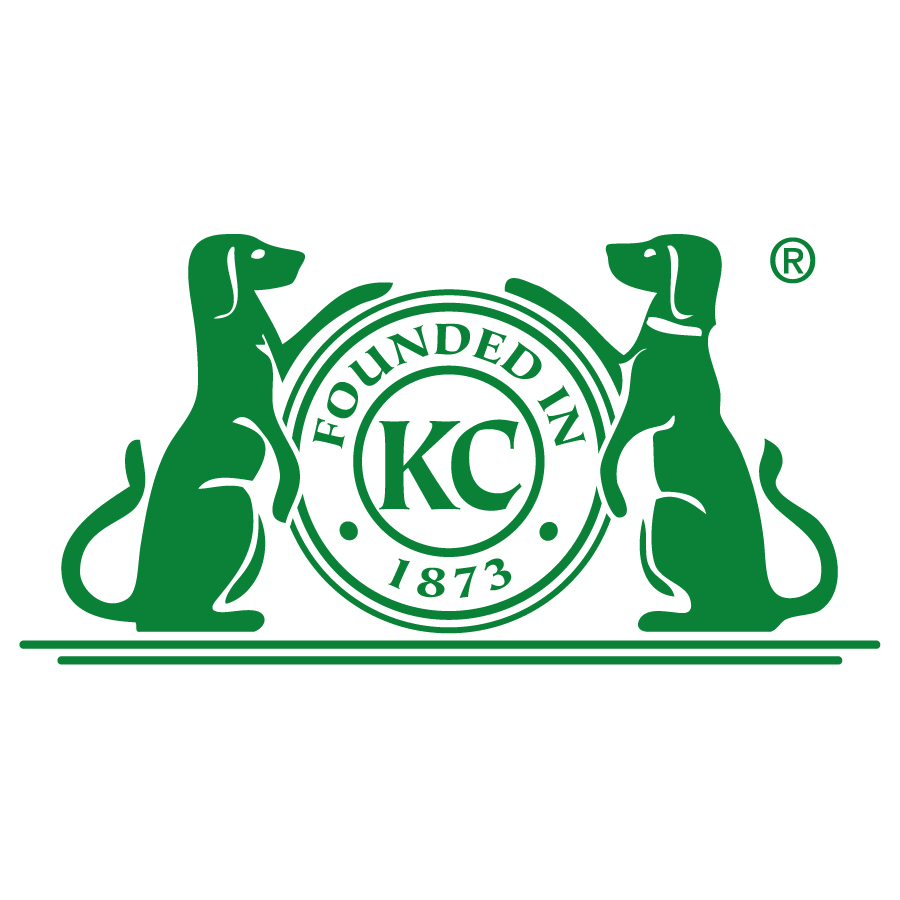 rkc
rkc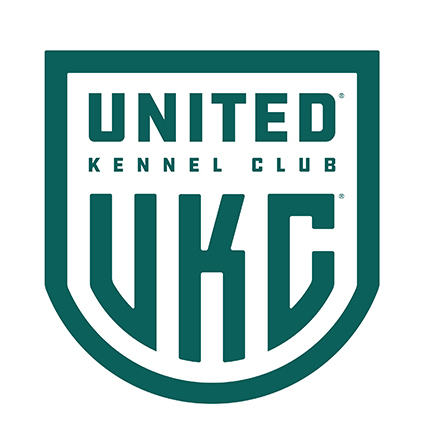 ukc
ukc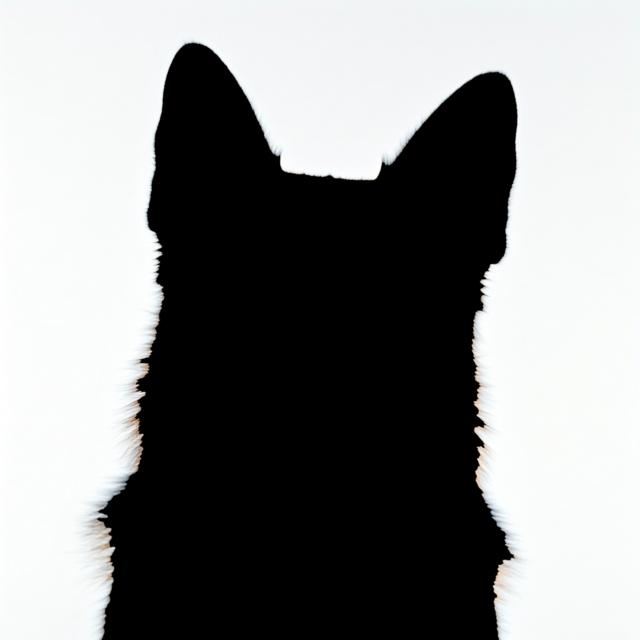
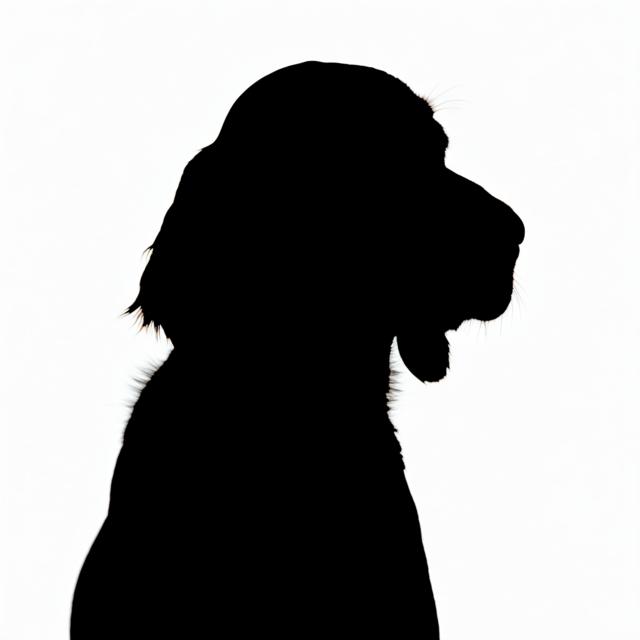
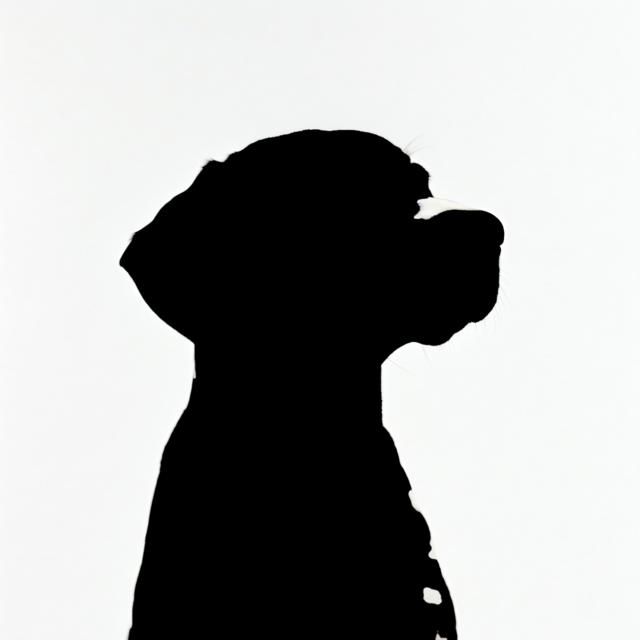
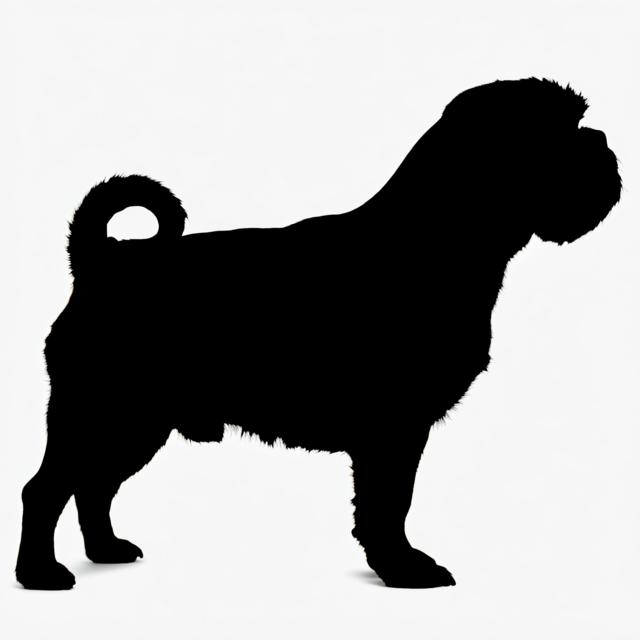
Summary
- The Large Münsterländer is a German hunting dog known for its versatility and affectionate nature with family. They are intelligent, energetic, and require a lot of exercise and consistent training.
Origin and Purpose
- Developed in Germany as versatile hunting dogs, excelling in pointing, retrieving, and tracking.
Appearance
Dimensions
| Gender | Height | Weight |
|---|---|---|
| Female | 22-24 inches (56-61 cm) | 51-62 pounds (23-28 kg) |
| Male | 23-25.5 inches (58-65 cm) | 55-66 pounds (25-30 kg) |
Coat
| Attribute | Notes |
|---|---|
| Color |
|
| Type |
|
| Length |
|
Care
| Attribute | Notes |
|---|---|
| Shedding |
|
| Grooming |
|
| Drooling |
|
Body
| Attribute | Notes |
|---|---|
| Head |
|
| Skull |
|
| Ears |
|
| Eyes |
|
| Nose |
|
| Muzzle |
|
| Teeth |
|
| Neck |
|
| Forequarters |
|
| Fore Legs |
|
| Hindquarters |
|
| Hind Legs |
|
| Feet |
|
| Tail |
|
| Gait |
|
Temperament
- Intelligent, eager to please, loyal, and energetic; can be sensitive, requiring gentle training methods.
Social
| Attribute | Notes |
|---|---|
| Affectionate with Family |
|
| Good with Children |
|
| Good with Dogs |
|
| Good with Cats |
|
| Openness to Strangers |
|
| Playfulness Level |
|
| Protective Nature |
|
| Adaptability Level |
|
Working Roles
- Hunting, pointing, retrieving, tracking
Exercise Needs
- High; requires daily physical and mental stimulation.
Health
- Generally healthy, but can be prone to hip dysplasia, elbow dysplasia, and some eye conditions. Bloat can also be a concern.
Additional Notes
- Requires early socialization and consistent training; prone to separation anxiety if left alone for long periods. They have a strong hunting instinct.